Azure Operator Call Protection will scan phone calls in real time and will alert the user if the call is suspicious
Azure Operator Call Protection is now in public preview.
3 min. read
Published on
Read our disclosure page to find out how can you help Windows Report sustain the editorial team. Read more

Microsoft announced a new capability coming to Azure subscribers: the Azure Operator Call Protection. It will allow AI to detect suspicious calls in real time, alerting subscribers that they’re being scammed.
The Redmond-based tech giant announced the new capability at MWC 2024, and it can be implemented at a network level, meaning all calls connected to that network will be scanned by the Azure Operator Call Protection.
Microsoft announced in a blog post that the capability is now in public preview, and it’s also one of the most powerful tools to combat the increasing telephone call scamming methods:
Call Protection is another powerful tool in the toolbox for fighting consumer fraud. It is a new service that applies AI analysis to phone calls in real time, alerts the subscriber if the call is suspicious and educates them as to why, for example a call supposedly from a bank that requests a PIN, something a genuine bank would never do.
Microsoft
Similarly to Copilot for Security, Azure Operator Call Protection uses AI from head to toe to work. Here’s how:
- Azure services use AI to transcribe the call to text.
- The call content is being scanned in real-time with the desired AI techniques to detect potentially fraudulent calls.
- In case the call is fraudulent, Azure Text-to-Speech will render the text back into audio to warn the subscribers that they’re on a fraudulent call.
Azure subscribers won’t need to download any app to use this capability. Microsoft says that the company chose to integrate the capability without an app so that it can have a greater adoption rate, something that wouldn’t happen if users were required to download an extra app for it.
No handset app download is required. While providing an app can help enable an enhanced customer experience, it also requires the subscriber to discover and download the app, which can severely limit subscriber uptake. By providing an entirely network-derived experience, with no app needed, the service is available to as many subscribers as possible.
Microsoft
It will be, nonetheless, interesting to see how Azure Operator Call Protection is going to tackle the increasing usage of AI in phishing attacks. If you don’t know, Microsoft together with OpenAI recently published a report documenting how global threat actors are using AI to target and spread malware.
Copilot for Security will be able to handle most of these attacks, in a fighting fire with fire situation. But what would happen in this case? What if AI will be used to handle fraudulent calls?
You can read the whole blog post here.

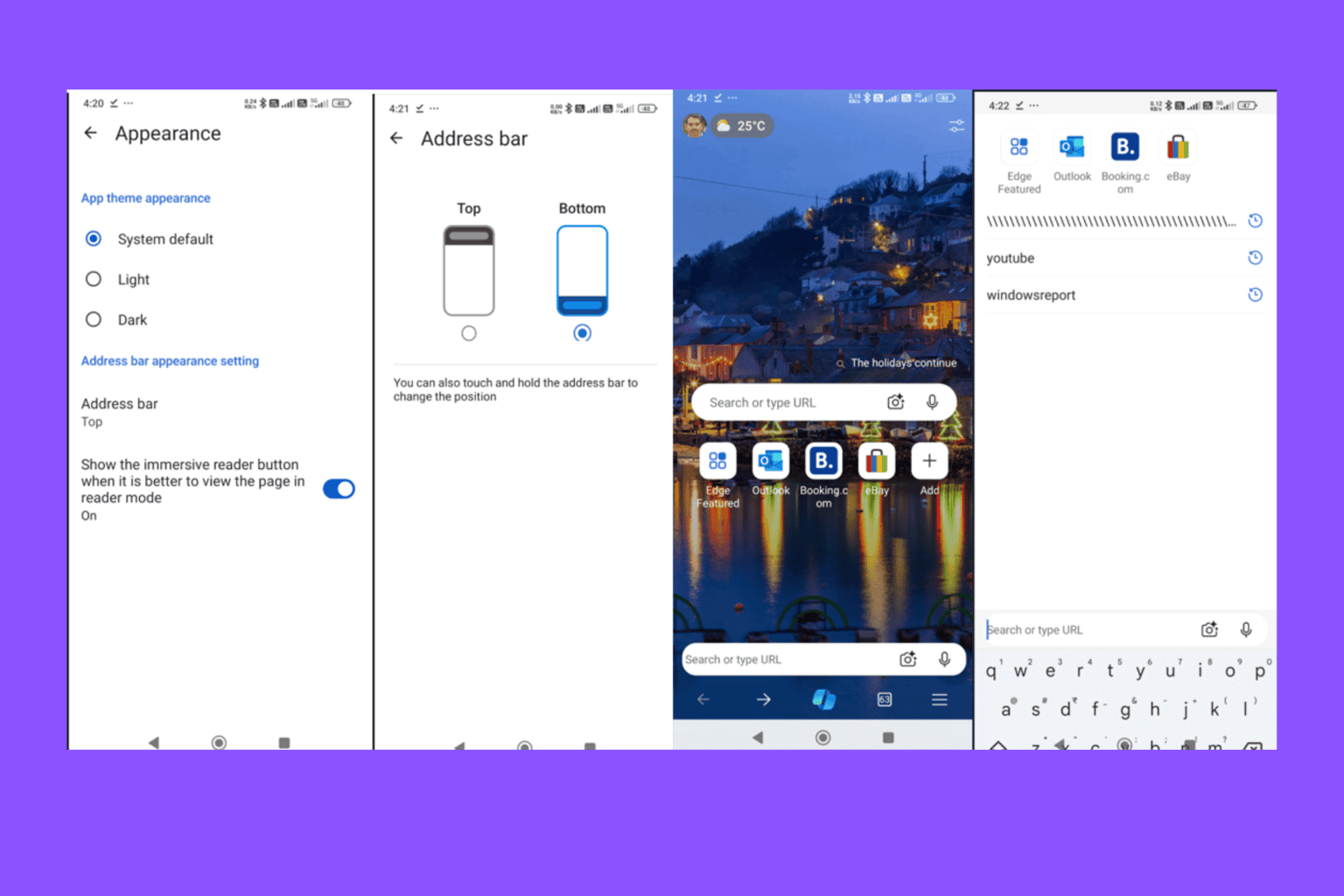
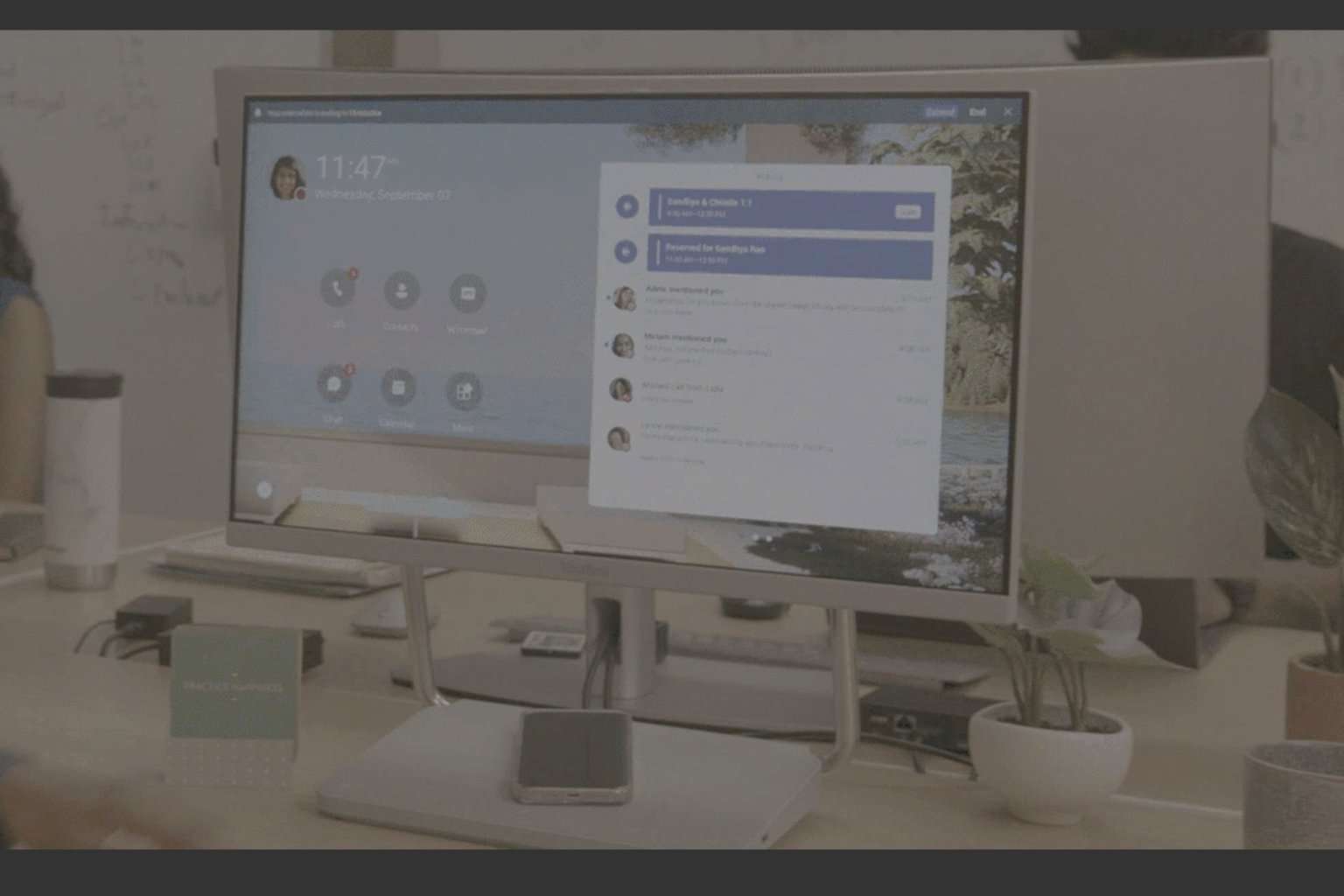
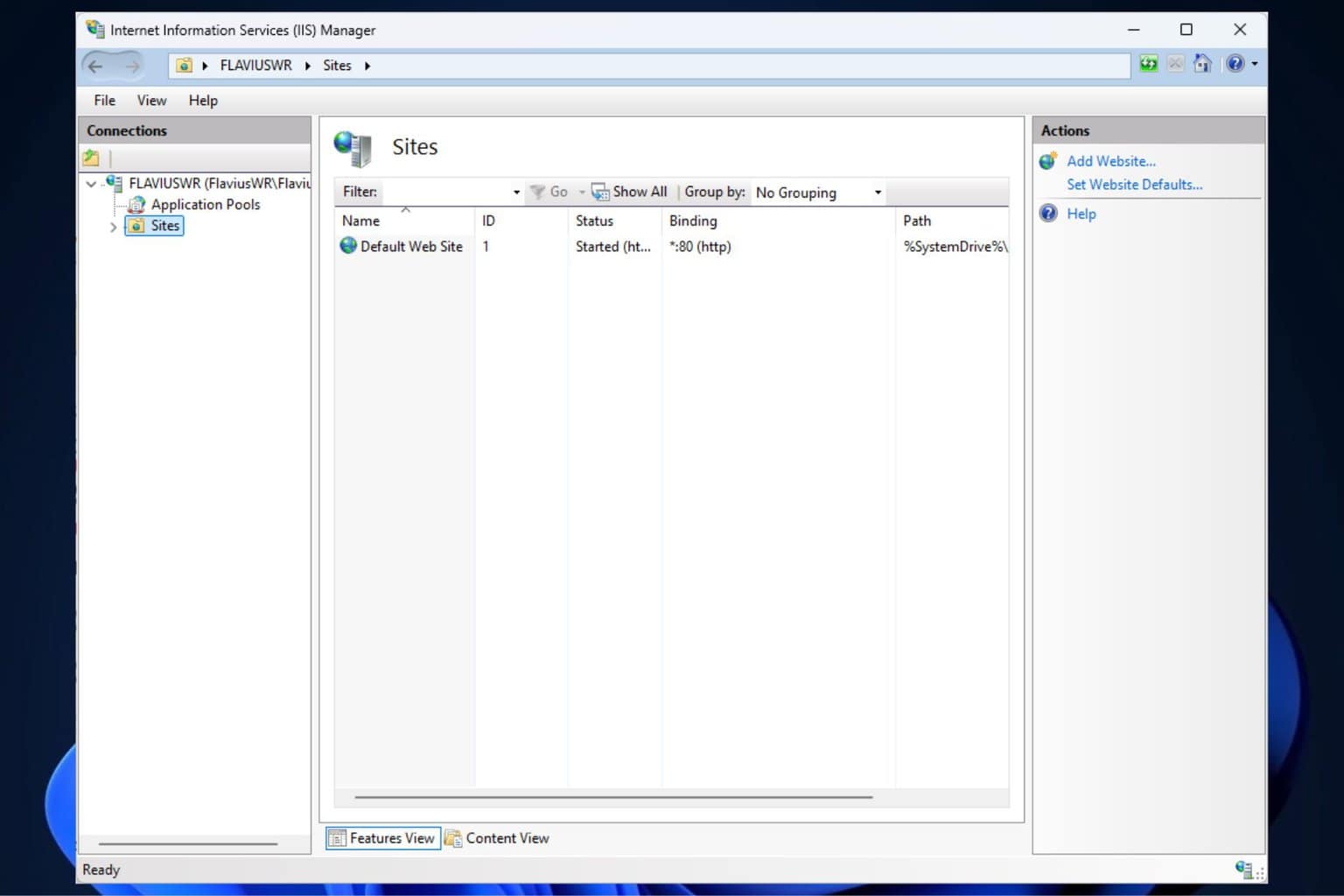


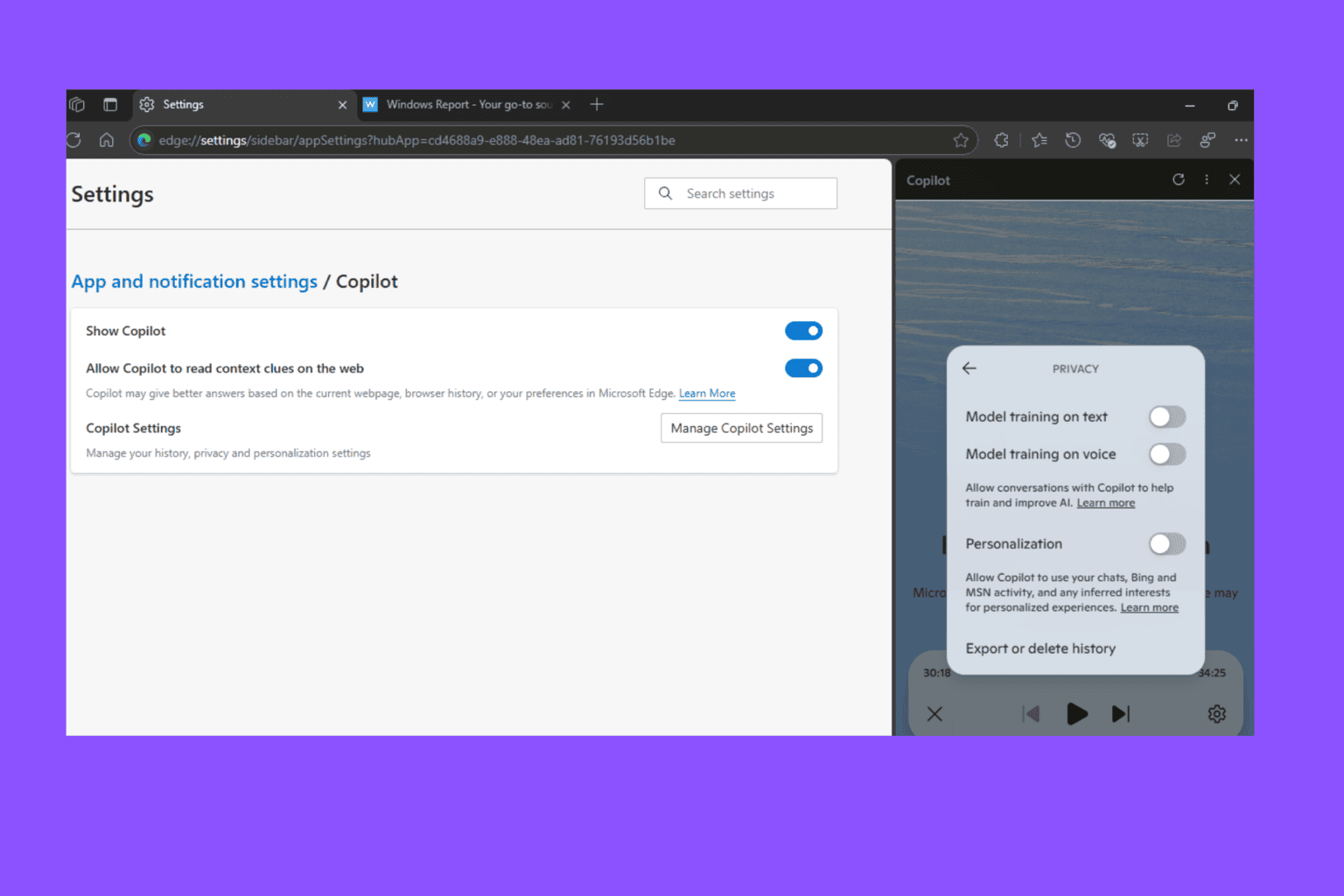
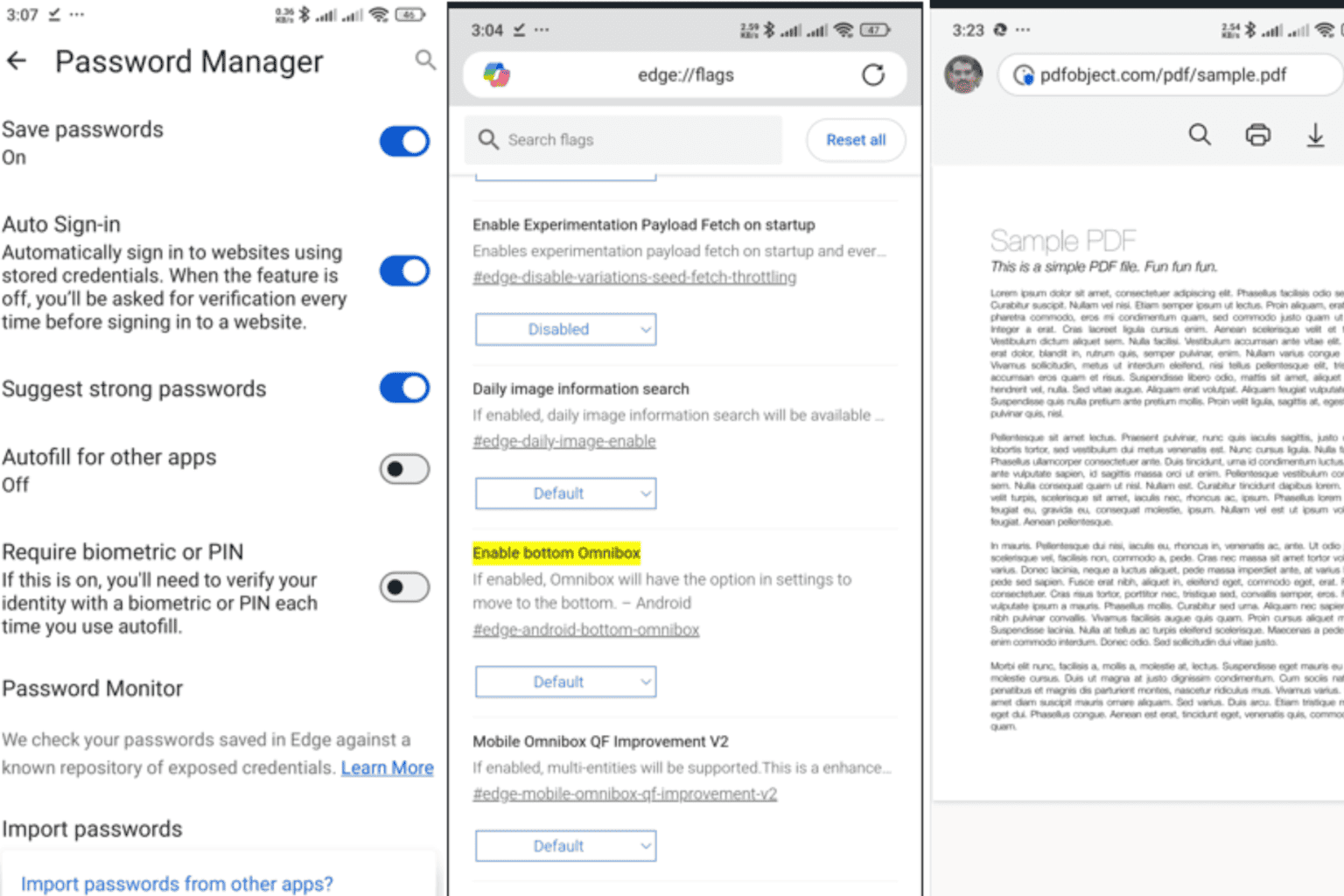
User forum
0 messages